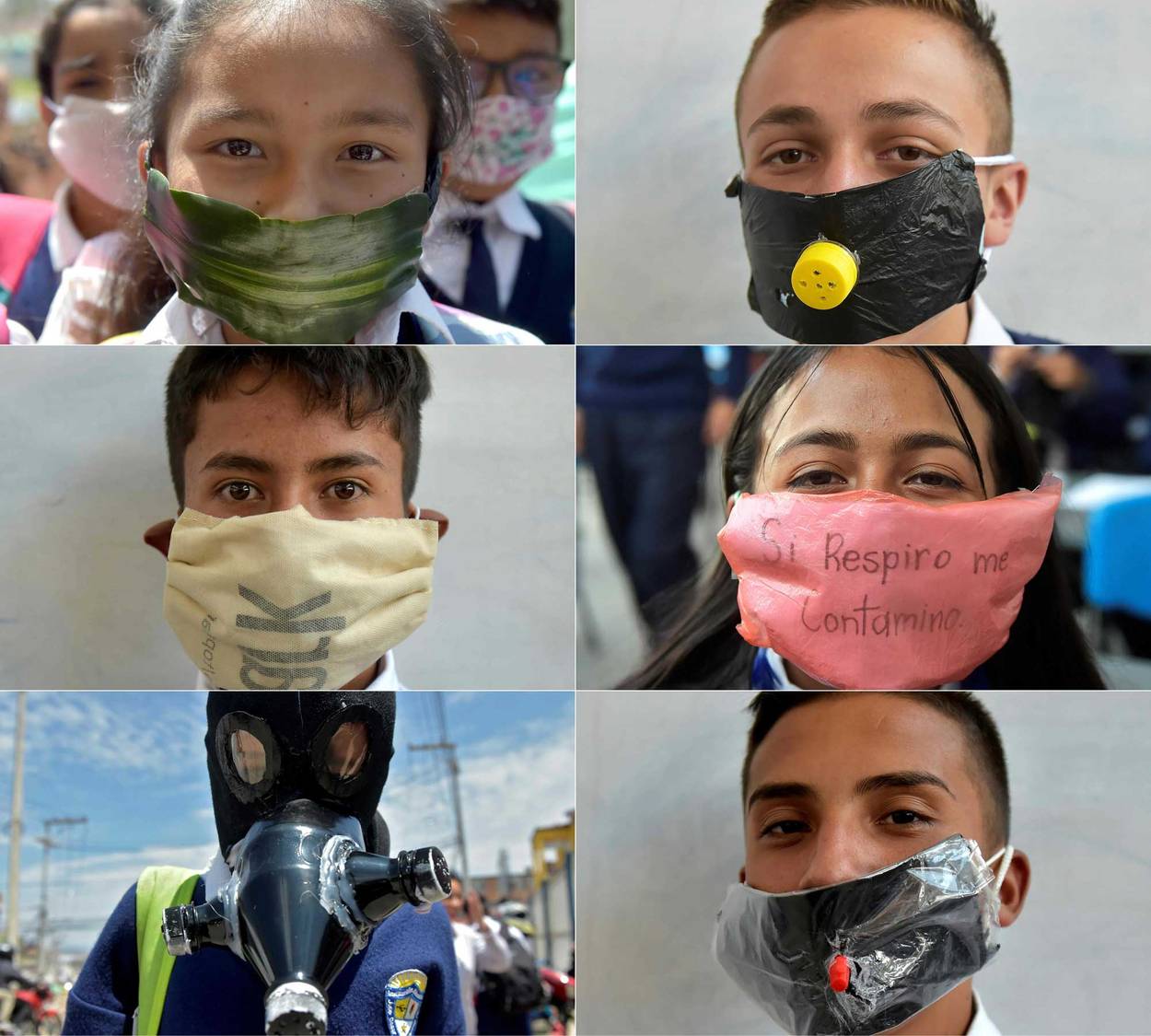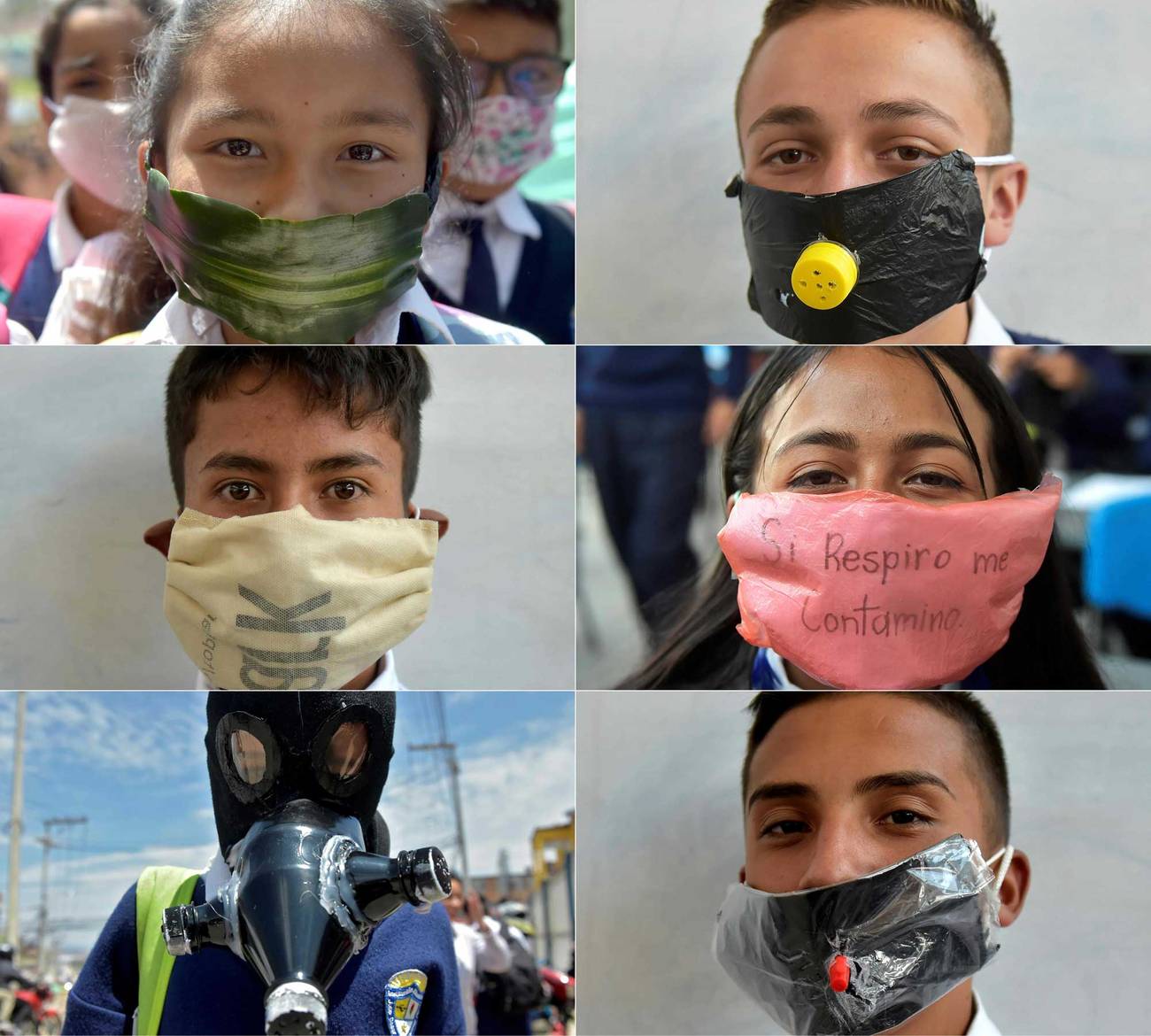Breaking the Chain
Everything is going to change after COVID-19




A friend from Israel called this morning. This is a man I listen to carefully, because for his 28 years of service in the IDF as a covert operator, he beat the odds and survived by reading his environment correctly. Until his recent retirement, he ran operations all over the world. Some of them helped Jews in danger escape to Israel—Ethiopian Jews from the deserts of Arabia to Russian Jews from an imploding state. He also ran much different operations, not to save lives, but to gather information, plant sensing devices, and sometimes, eliminate terrorists who threatened the Jewish state. He thinks outside the box. That’s his job and his nature. Today, he sounds sober, even surprised when he says, “Everything is going to change after Covid-19.”
I ask him what he means, and he says the realization came to him while asking a mundane question: How long would it would take him to rebuild his aviation security business after Israel’s enforced self-isolation? He realized he might not make it. In addition to the airline industry’s retreat and Israel’s draconian containment measures, he and his wife are caring for three young grandchildren, so their son, an Air Force squadron commander, and his wife can remain on base and continue working. (Strict quarantines have been ordered in the military, for obvious reasons.)
“Someone my age will take a while to get back up to speed, if we can do it at all. But the young people will be faster and more agile. They will beat us and their methods will win out.”
“Doesn’t your experience give you an advantage?”
“No,” he says without hesitation.
“The kids”—he means those in their 20s—“are better than we are.”
His observation led me to think of the changes in my life this past week—escaping from New York with my children to rural New Hampshire—medieval concerns, certainly. But almost inconceivably, I have also experienced several radical innovations made possible by the 21st-century technology he referenced. In the last few days, I have made use of apps that, rather than making me feel more isolated and alone, have helped me engage intensely and in unexpected ways with others. I don’t know what the world will look like when this plague burns itself out, but I have seen how new means of social distancing does not have to mean the end of fellowship and intimacy.
The morning after the call with my friend, I logged onto Facebook to attend a “Corona Wakeup Call” sponsored by Jerusalem Venture Partners’ founder and Chairman Erel Margalit. Margalit, a world-renowned investor in high-tech startups and social entrepreneurship, had assembled—via Cisco Live video technology—a group of experts in medicine, science, and public policy to tell the assembled group what they were learning about COVID-19, and invite everyone to think about possible collaborations. Investment money was available.
“This is the first war that the entire world is fighting together,” said Margalit, named by Forbes as the world’s top-ranking non-American venture capitalist. “We are all in the same boat,” he went on. “The more that we collaborate, and the more we have international policies that work with each other, the better the chances we have in the next few weeks to perhaps contain the virus.”
From my computer, I could see in small boxes on the screen the faces of the 555 speakers and attendees from around the world. I heard what Israeli researchers were doing to develop a vaccine. Health officials on the front lines in Israel, Italy, and in the Arab world explained what the view from the ground looked like to them. Dr. Galia Barkay from Sheba Medical Center explained how Israel had set up temporary hospitals where doctors could use the tools of telemedicine to monitor and treat patients without exposing themselves to the virus. Although this goes against their training, “which is to touch,” health care workers have some of the highest rates of COVID-19 illness and death. Unprotected by masks, gowns, and gloves in many parts of the word, they also serve as vectors of transmission. This obviously has catastrophic consequences for all.
Stanford University professor Nirav Shah said that to respond adequately to the new threat, public health must “do what Twitter did to the news cycle”—it needed to take the fight into “real time,” and be “responsive and democratic.” He said months ago that a group of volunteers operating in Asia, outside of government control, “sent out reports from Wuhan announcing a new illness—just as they sent out reports of SARS in 2003.” This was the beginning of the world’s work—through private channels—to combat the new illness. He argued that these volunteer systems should be systematized and organized on a national level.
Then Inder Singh, CEO of Kinsa Health, spoke about his company’s “one million internet-connected smart thermometers” in the United States that record the “real-time signals” of people’s temperatures across the country. It serves as an “early warning system” of illness. These interconnected thermometers showed striking data from Miami-Dade County, Florida, during the weeks of March Spring Break when they recorded a sharp spike in temperatures that veered far away from the average seasonal flu readings. Presumably, it reflected mounting numbers of people with COVID-19. And it also showed that on March 23, after social distancing had been encouraged through local measures, the incidence of fevers decreased—not all the way to the baseline curve, but almost—giving a real-time indication of the efficacy of the new public policy.
Singh said the linked thermometers could be used as a tool to indicate where COVID-19 testing should be deployed as well as evaluating the effectiveness of public actions such as closures of work, beaches, and restaurants. The information also offers an important motivator for citizen cooperation. “People need to know their sacrifices are working,” he emphasized.
Another way my Israeli friend’s prediction was made real to me happened after I learned that a friend had passed away (not from coronavirus). Because of an app I only learned about this week—Zoom—I was able to attend a virtual shiva minyan for her. (This technology is also being used around the world to connect students and teachers in schools and colleges.) Not only was the family able to share stories and thoughts about their beloved mother and grandmother, I was able to perform the mitzvah of attending her shiva even though our state governor had ordered us not to congregate together. It was more intimate than I expected, and it gave me the opportunity to learn things about her I had not known, and to remember how important she had been to me. Just like a regular shiva call.
Not long after, alerted by an email from Bandsintown, I turned to the Facebook page of a young jazz pianist I admire named Emmet Cohen. I first heard him a month ago at the Village Vanguard where he tore it up with the venerable bass player Ron Carter and Evan Sherman, a drummer whose originality and flair I can only compare with that of Gene Krupa. Cohen, a prodigy who won the American Pianists’ Association 2019 Cole Porter Fellowship, had been on an international tour when it was canceled a week ago due to COVID-19. Bandsintown told me he was holding a free concert that night with Russell Hall and Kyle Poole, with whom he was quarantined. They held an old-time rent party in his Harlem apartment. Not only did they play some of Cohen’s original compositions and jazz standards, ending with Thelonious Monk’s “Round Midnight,” but the assembled 12,000 fans from around the world got to hear and see Cohen mix it up with his bandmates as if we were all in the apartment with him. He played and joked and goofed—checking Facebook comments and relaying them back to us—actually creating an experience even more haimish than I’d had at the Vanguard—in the front row.
Fans, if they chose, could donate via Venmo to help the musicians, whose incomes were otherwise on indefinite hold.
Later that evening, a friend sent me a link to a similar home concert Evan Sherman was playing with his two roommates, the cello-piano duet known as Cheng2 Duo featuring Silvie and Bryan Cheng, with whom he was in quarantine. They played a classical/jazz crossover “derangement” of “Tea for Two.”
Emmet Cohen said he would be back with Hall and Poole next Monday. I will be there, and I will donate. Meantime, my ex-husband, in Santa Monica, told me he was feeling very isolated but was reassured by New York Gov. Andrew Cuomo’s daily briefings. He said Cuomo was calling for an army of volunteer doctors and therapists who would take Skype or WebEx calls from people who were feeling lonely. I hope it gets deployed. Together, interconnected, with the technology we love to hate, we can do this. We will overcome.
Emily Benedek has written for Rolling Stone, The New York Times, Newsweek, The Washington Post, and Mosaic, among other publications. She is the author of five books.